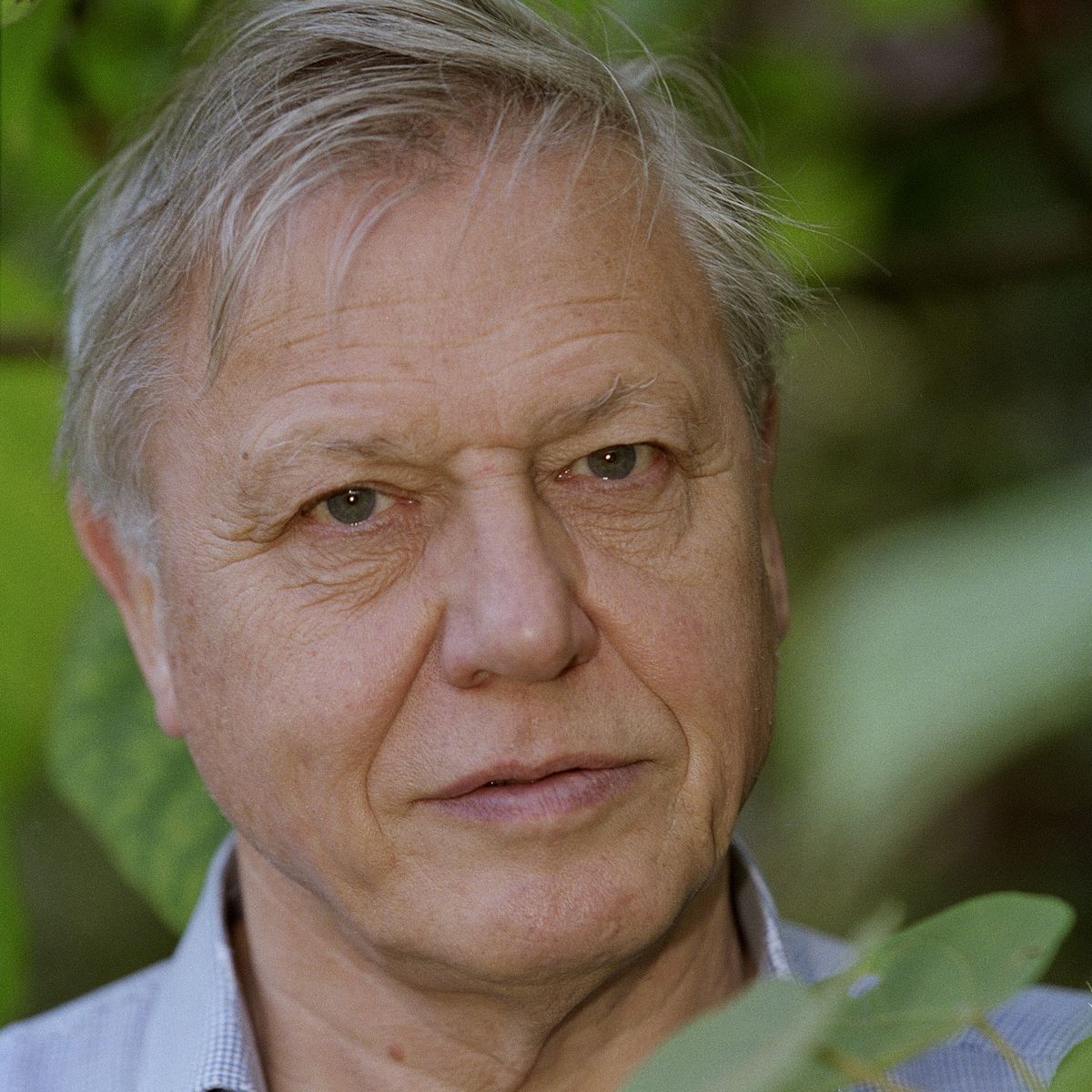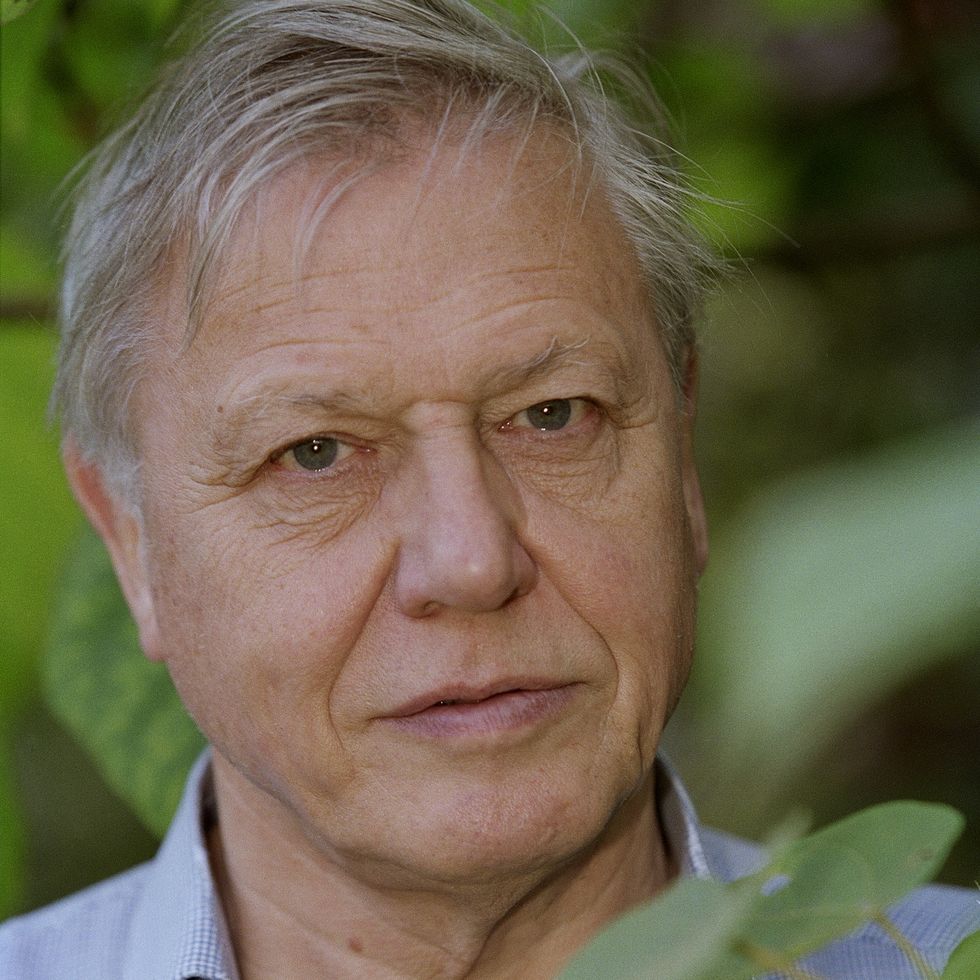You are viewing the article David Attenborough at Lassho.edu.vn you can quickly access the necessary information in the table of contents of the article below.

(1926-)
Who Is David Attenborough?
After studying the natural sciences at the University of Cambridge, broadcaster David Attenborough began his career as a producer at the BBC, where he launched the successful Zoo Quest series. Attenborough was made controller of BBC Two in 1965 and later was named its director of programming. During his tenure, the station crossed over to color television, and Attenborough was instrumental in expanding its natural history content. Attenborough left the BBC to begin writing and producing various series, including the smash hit Life on Earth, which set the standards for the modern nature documentary. Since then Attenborough has written, produced, hosted and narrated countless award-winning, nature-focused programs and has devoted his life to celebrating and preserving wildlife.
Early Life and Education
Famed naturalist and television personality David Frederick Attenborough was born on May 8, 1926, in a suburb of London, England. The second of three boys born to a university principal and a writer, he and his brothers would all find great success in their chosen careers, which would take them far from the city of Leicester, where they were raised. David’s older brother Richard would become an Academy Award-winning actor and director, and his younger brother, John would become a top executive at the Italian car company Alfa Romeo.
Despite the relative urban surroundings in which he lived, Attenborough’s fascination with the natural world developed early and by the age of seven, he had assembled a sizable collection of bird eggs and fossils. He attended a lecture by famous naturalist Grey Owl in 1936 which deepened his interest in the subject, and after graduating from high school, he was awarded a scholarship to study the natural sciences at the University of Cambridge. Upon completing his studies in 1947, Attenborough was called to serve for two years in the Royal Navy. However, any hopes he had that this would be his chance to see the world were dashed when he was posted to a ship in Wales.
In 1949, Attenborough returned to London and found work as an editor for an educational publisher. The following year he began a training program with the BBC. In 1952, Attenborough completed his training and began working for the television station as a producer, marking the beginning of what would be a milestone career, both at the BBC and beyond.
TV Shows & Documentaries at the BBC
At the BBC, Attenborough faced two obstacles. First, the station had little to no programming devoted to the natural sciences, and second, his boss thought that Attenborough’s teeth were too big for him to be an on-air personality. Despite these hindrances, however, Attenborough persevered, taking small steps forward on the path toward his ultimate destiny. He started out producing the quiz show Animal, Vegetable, Mineral? and then moved on to co-host a program called The Pattern of Animals with naturalist Sir Julian Huxley.
But Attenborough was dissatisfied with the format of shows such as these, which often brought animals out of their natural habitats and into the distressing environment of a television studio. Seeking to break with this unfortunate tradition, Attenborough launched a series titled Zoo Quest in 1954. The program filmed animals not only in captivity, but also in the wild, with the film crews traveling far and wide to capture images of the animals. With its on-location yet respectfully distant approach to filming wildlife, Zoo Quest established what are now the general standards for nature documentaries. The show was so successful with viewers that it led the BBC to establish its Natural History Unit in 1957.
Despite his growing success, Attenborough left the BBC in the early 1960s to study social anthropology at the London School of Economics. However, when BBC Two was created in 1965, Attenborough was asked to return to the station as its controller. In both this capacity and as director of programming for both the BBC and BBC Two, Attenborough continued to collect milestones, pioneering such educational series as The Ascent of Man and Civilisation, overseeing the BBC’s transition to color television and having the wisdom to sign up an oddball comedy series called Monty Python’s Flying Circus, starring John Cleese and Terry Gilliam among others. In recognition of his contributions, in 1970, the British Academy honored him with its Desmond Davis Award. Yet Attenborough could not shake the passion that had remained with him since his youth, and in 1972, he resigned from his post at the BBC to follow his dreams into the wild.
‘Life on Earth’
After leaving the BBC, Attenborough began to write and produce TV series as a freelancer and quickly established himself with a string of successful programs, including Eastwards with Attenborough (1973), which featured an anthropological study of Indonesia, and The Tribal Eye (1975), which examined tribal art throughout the world. But Attenborough’s greatest success would come in 1976, when his program Life on Earth first aired. A 96-episode examination of the role of evolution in nature, the show took Attenborough and his crews around the globe, using cutting-edge filming techniques to bring wildlife into homes worldwide, gaining an estimated viewing audience of more than 500 million.
The success of Life on Earth made Attenborough a household name and, in the decades that followed, allowed him to write, produce and host countless other series, including The Trials of Life (1990), which focused on animal development and behavior; The Private Life of Plants (1995), which used time-lapse photography to explore the botanical world; Attenborough in Paradise (1996), about his personal-favorite animals, birds of paradise; and the 10-part series The Life of Birds (1998), for which he won a Peabody Award. He has also narrated numerous other programs, including the BBC’s Wildlife on One, which ran for 250 episodes from 1977 to 2005, and the 2006 series Planet Earth, the biggest wildlife documentary ever made and the first show to air in HD on the BBC.
Preserving Our Ecology
The advancement of his age has done little to slow the intrepid Attenborough, who into his 80s has continued both his globetrotting and his prolific output. Completing his Life trilogy, 2008 saw the airing of his series Life in Cold Blood,an examination of reptiles, and in 2012, he began a series of programs filmed in 3-D for the Sky television network. Attenborough’s lifelong commitment to the natural world has also led him toward ecological activism both on the air and offscreen. He wrote and produced the environmentally themed State of the Planet (2000) and Saving Planet Earth (2007). He is a patron of the organizations Population Matters, which examines the impact of human population growth on the natural world, and the World Land Trust, which buys rainforests around the globe with the aim of preserving their wildlife.
During his lifetime of achievement, Attenborough has received myriad honors. He was knighted in 1985, received the Order of Merit from Queen Elizabeth II in 2002 and holds at least 31 honorary degrees from British universities, including Oxford and Cambridge. He published his biography, Life on Air, in 2002, and in 2012, was the subject of the BBC documentary Attenborough: 60 Years in the Wild. In 2014, a poll revealed that he was considered to be the most trustworthy public figure in Britain. Attenborough is also the most traveled person in recorded human history and is the oldest person to have ever visited the North Pole. But in perhaps the most fitting tribute of all, several species of plants, insects and birds have been graced with Attenborough’s name, ensuring that it will live alongside the many creatures that he has spent his life celebrating and protecting.
Wife
Attenborough married Jane Oriel in 1950, the couple staying together until her death in 1997 from a brain hemorrhage. The pair had two children together: a son and daughter.
QUICK FACTS
- Name: David Frederick Attenborough
- Birth Year: 1926
- Birth date: May 8, 1926
- Birth City: London
- Birth Country: England
- Gender: Male
- Best Known For: Naturalist and television personality David Attenborough is the undisputed father of the modern nature documentary.
- Industries
- Television
- Astrological Sign: Taurus
- Schools
- Wyggeston Grammar School
- University of Cambridge
- London School of Economics
- Nacionalities
- English
- Interesting Facts
- Despite a career devoted to celebrating and preserving wildlife, David Attenborough has a deep dislike of rats.
Fact Check
We strive for accuracy and fairness.If you see something that doesn’t look right,contact us!
CITATION INFORMATION
- Article Title: David Attenborough Biography
- Author: Biography.com Editors
- Website Name: The Biography.com website
- Url: https://www.biography.com/movies-tv/david-attenborough
- Access Date:
- Publisher: A&E; Television Networks
- Last Updated: September 13, 2019
- Original Published Date: May 15, 2015
QUOTES
- I’m not an animal lover if that means you think things are nice if you can pat them, but I am intoxicated by animals.
Thank you for reading this post David Attenborough at Lassho.edu.vn You can comment, see more related articles below and hope to help you with interesting information.
Related Search:
